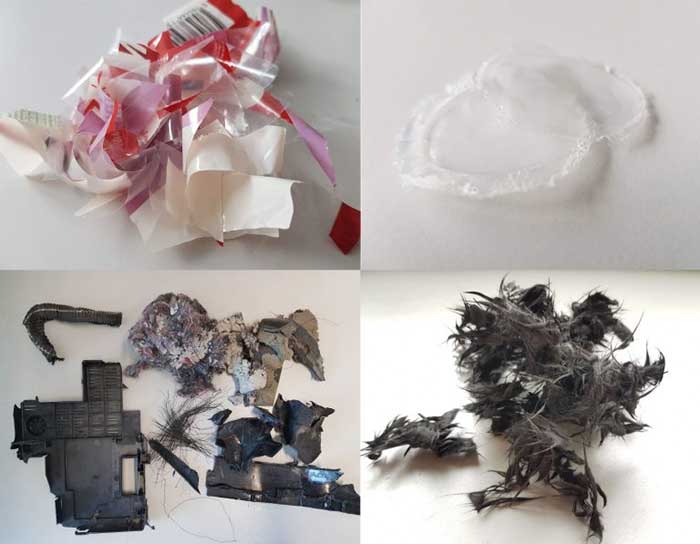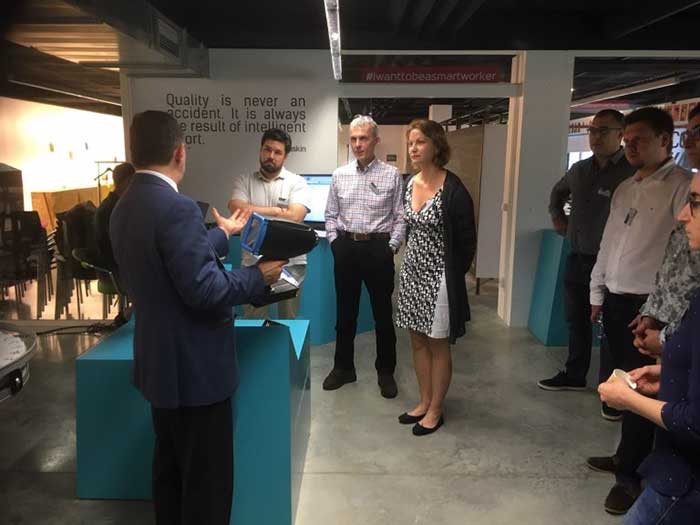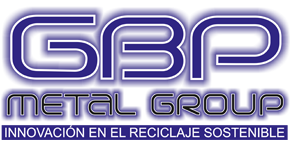GENERAL ASSEMBLY MEETING BUILDS MOMENTUM
The Multicycle project’s six-month General Assembly meeting was an opportunity for partners to update collectively on progress made in the opening months of the project, and to build momentum behind the next steps towards up-scaling the CreaSolv® novel solvent-based process for recycling multi-materials packaging and composites.
Hosted by project co-ordinator IRIS Technology Group at their Parc Mediterrani de la Tecnologia headquarters in Castelldefels, Spain on 28th and 29th May 2019 the meeting heard that solid technical foundations had been laid down in the form of work done to define and establish the specifications for the different processes that will be involved in material recovery and reprocessing at the heart of the project and the requirements of those at whom the materials recovered from the Multicycle process will be targeted (e.g. converters and end users) in terms of properties, price etc. A technical and patent art literature review has concluded that whilst there is regulatory drive to reach higher material recycling targets, the current options for the Multicycle target materials are limited: at the moment both multi-material/multi-layer flexible packaging and reinforced plastics in End of Life Vehicles (ELV) are predominantly sent for fuel/energy recovery. This presents an opportunity for Multicycle, to provide a timely demonstration of selective material recovery which can increase the recycling volume of multi-layer packaging and FRP, producing high quality recovered polymeric and other materials including fibres.
Elsewhere, work continues apace across the consortium gathering a wide variety of samples of manufacturing scrap and post-use plastic waste representative of the range and variety of materials which the Multicycle pilot plant might be expected to handle, and to identify from this a broad window of suitable waste stream requirements within which economic and practical processing can take place. These samples are being characterized both in the laboratory and also using the existing small pilot facilities of Fraunhofer IVV, the Fraunhofer Institute for Process Engineering and Packaging to parameterize the proposed Multicycle process.

Example of flexible packaging film scrap (top left) and shredded automotive waste (bottom left) and recovered homopolymer film (top right) and fibres (bottom right)
In addition to getting the central, tuneable selective recovery solvent chemistry right, the final integrated Multicycle pilot facility will also be reliant upon effective advanced process control and monitoring systems, so it was appropriate that the meeting location provided an opportunity for the consortium partners to be introduced to some of the host organization’s platform NIR and Hyper-Spectral Imaging hand-held and in-line technologies for real-time process monitoring and quality inspection.

Work will continue in the coming months to extend and develop the definition of the Multicycle process as a sustainable, closed-loop, contributor to circular plastics economy in the EU.
